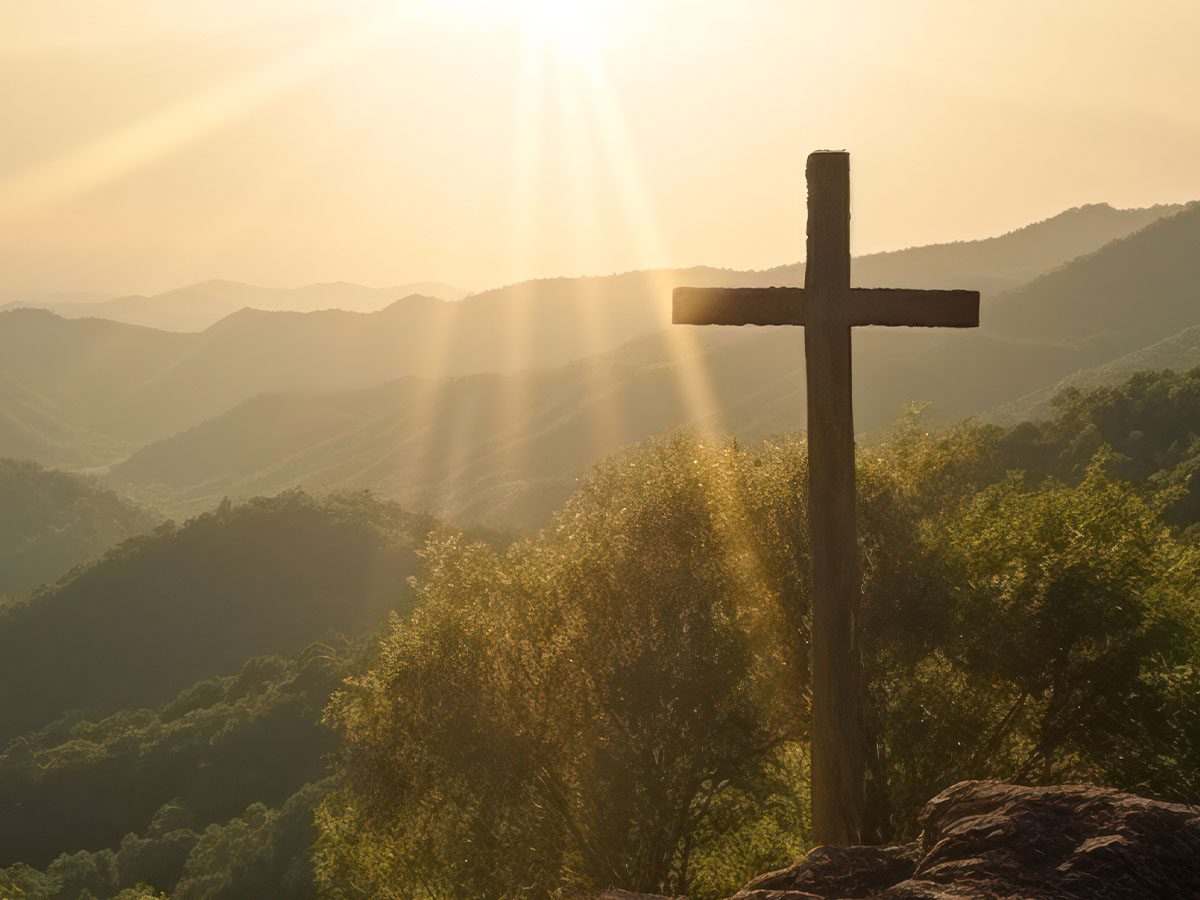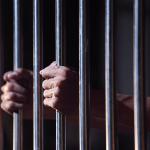
A prolonged legal battle over the removal of a 28-foot illuminated cross in the Bay Area city of Albany has finally been resolved, with the city agreeing to pay over $1.5 million to settle the dispute with the Albany Lions Club. The decision ends a years-long controversy surrounding the Albany Hill Cross, which has been a part of the city’s skyline for over 50 years.
The Albany Hill Cross, a steel and plexiglass structure, was originally erected on private land in the 1970s and stood as a prominent symbol overlooking Albany and the East Bay of San Francisco. The land where the cross was built was later sold to the city, becoming part of Albany Hill Park, a public space. However, before selling the land, the original property owners granted an easement to the Albany Lions Club, allowing them to maintain the cross.
The cross was illuminated annually during Easter and Christmas, but this long-standing tradition came under fire when a local atheist group lodged a complaint, arguing that the presence of a religious symbol on public land violated the separation of church and state as outlined in the First Amendment of the U.S. Constitution. This complaint triggered a legal examination of the cross’s place in a public park, setting off a chain of events that would lead to its removal.
In 2023, a federal judge ruled in favor of the plaintiffs, finding that the cross’s presence on public property violated the Constitution. The ruling prompted the Albany City Council to take action, voting to acquire the easement by eminent domain rather than sell it to the Albany Lions Club, which had offered to purchase the small portion of land where the cross stood.
The city subsequently removed the cross in 2023, sparking further outcry from the Albany Lions Club and members of the local Christian community. The Lions Club argued that the removal of the cross and the city’s refusal to sell them the land were unjust, leading to continued legal battles over the easement and the cross’s removal.
To avoid further litigation, the city of Albany announced during its October 7 city council meeting that it had reached a settlement agreement with the Albany Lions Club. According to the settlement, the city will pay $1,530,000 to the Lions Club in exchange for legal title to the entire property, which includes the area where the cross once stood.
“To end the ongoing litigation, the City stipulated to a judgment with the Lions Club to avoid additional litigation expenses,” the city of Albany stated. “This judgment allows the City to condemn the easement and remove the cross, which the City already did, that existed on Albany Hill Park for the benefit of the Lions Club.”
The settlement clears the easement’s title and resolves all remaining claims between the Lions Club and the city. Albany Lions Club President Kevin Pope expressed disappointment over the city’s actions, criticizing its decision to remove the cross and spend significant taxpayer funds in the process.
Pope described the outcome as a waste of public resources, lamenting the fact that the city opted to pay over $1.5 million to remove the cross rather than simply sell a portion of the land to the Lions Club. “I’m sad and angry that the Albany City Council has exercised such poor judgment in spending public resources to force the permanent removal of the Christian cross from Albany Hill. It did not have to be this way,” Pope said.
He further argued that the city’s actions reflected a broader intolerance toward religious values, noting that Albany’s decision to remove the cross could be seen as contributing to an “exodus” of residents from California, driven by dissatisfaction with government decisions. “Albany is now viewed by many as a place of intolerance toward religious values,” Pope stated.
Pope also highlighted the significance of the cross to the Christian community, quoting 1 Corinthians 1:18: “The cross means the world to those who worship Jesus Christ; it’s the symbol of the great love God has for all of us, not just Christians, all of humankind.” He emphasized that the cross represented a universal message of love and inclusion, regardless of faith.
Despite the resolution of the legal dispute, the removal of the Albany Hill Cross has left a lasting impact on the community. While some view the settlement as a necessary conclusion to a legal battle over constitutional principles, others, like Pope and the Lions Club, see it as a loss of religious freedom and a symbol of the city’s unwillingness to find a compromise.
As the dust settles, the city of Albany hopes to move forward with a clear title to the land, but the debate over the cross’s removal continues to resonate with many residents and community members, serving as a reminder of the complex intersection between religious expression and public policy.


